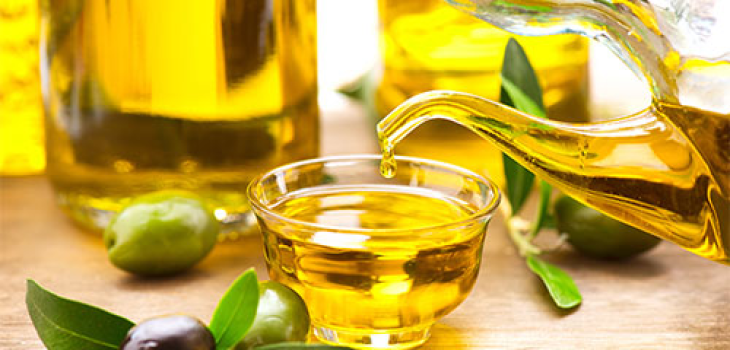Frying: EVO oil or seed oil?
Walking through the supermarket aisles, we have become accustomed by now to seeing a large number of different oils, not only in terms of origin and flavor, but also in terms of nutritional and organoleptic properties. Among the many, two are certainly the best known: EVO oil and sunflower seed oil.The former is a noble food, the basis of the famous Mediterranean diet. Derived from the pressing of olives, it is excellent for raw seasoning, and food preservation. But as far as frying is concerned, can it really be said to be better than seed oil?
Absolutely, as its high smoke point, around 210°C versus 160°C for seed oils, allows for safe frying, drastically reducing the amount of acrolein, a highly carcinogenic substance, present in frying.
Olive oil, especially extra virgin, is actually best suited for the purpose as it is rich in vitamin E, polyphenols and antioxidants that exert effective protection against degradation caused by high temperature.
Sunflower seed oil
Sunflower seed oil has more polyunsaturated fats (omega 3, which are particularly sensitive to heat, and omega 6), which promote, if the oil is brought to high temperatures, its alteration.In the absence, moreover, of the antioxidants in EVO oil, the degree of harmfulness of seed oils, should the smoke point be reached, would be markedly greater.
The result is that, following excessive and prolonged overheating, sunflower seed oil may be too damaged and therefore not at all light, as well as corrosive to the liver and gallbladder.
Not all seed oils are the same, however. In fact, the lengthy process they undergo to become cheap, long-life oils, with almost no smell and a dull taste, deprives them of their best nutrients by promoting, when exposed to high temperatures, the formation of harmful degraded substances.

